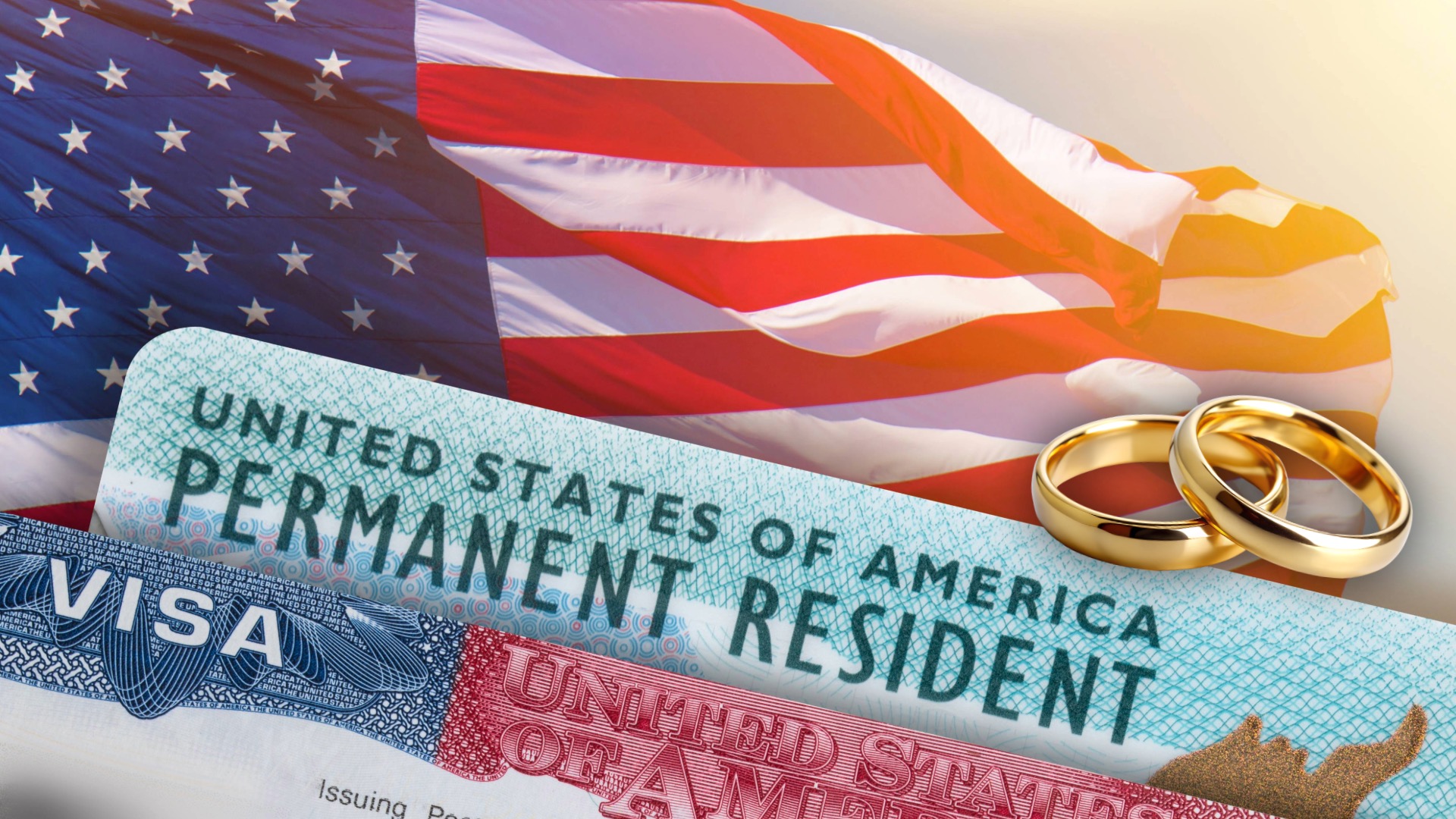
Many immigration applicants have been facing long wait times and processing delays due to an enormous backlog at United States Citizenship and Immigration Services (USCIS). In FY 2020, USCIS experienced a 61% increase in pending applications compared to the previous year, while the agency’s staffing levels only increased by 1%. This backlog has caused significant challenges for many immigrants who are waiting for their applications to be processed. In this blog post, we will explore the causes of the USCIS backlog and what it means for immigration applicants.
Causes of the USCIS backlog
USCIS has attributed the backlog to several factors, including COVID-19 restrictions, increased demand for immigration benefits, and policy changes. COVID-19 restrictions have resulted in fewer interviews and in-person appointments, slowing down processing times. Additionally, immigration policies such as the travel ban and the public charge rule have resulted in increased demand for immigration benefits, further exacerbating the backlog.
Impacts on immigration applicants
The USCIS backlog has had significant impacts on immigration applicants, including delayed employment authorizations, visa processing, naturalization, and family reunification. Many applicants have lost their jobs or job offers due to long wait times for employment authorization documents. Some have lost their place in the visa queue due to expiration of their priority dates, forcing them to start the process all over again. Others have had to put their lives on hold, unable to reunite with their families or pursue educational or professional opportunities.
Solutions to the USCIS backlog
To address the backlog, USCIS announced plans to increase staffing levels, maximize processing capacity, and prioritize emergency and mission-critical services. Additionally, USCIS recently proposed a fee increase on immigration applications to fund its operations and reduce the backlog. However, this fee increase has been met with criticism from immigration advocates who argue that it would disproportionately harm low-income and marginalized communities.
Navigating the USCIS backlog
For those who are currently in the immigration process, it is essential to stay informed and proactive. Applicants should monitor USCIS processing times, track their applications, and follow up with USCIS if their case is outside the normal processing times. Additionally, applicants should seek the guidance of qualified immigration attorneys who can assist with navigating this complex process and advocate for their clients’ interests.
Conclusion
The USCIS backlog has created significant challenges for many immigration applicants, and its impacts are far-reaching. Addressing this backlog will require a multi-faceted approach that balances the need for increased staffing and resources with fair and equitable access to the immigration system. In the meantime, we encourage all applicants to stay informed, stay vigilant, and seek qualified legal counsel to help navigate these challenging times.
The USCIS backlog has significantly impacted many people’s lives as they navigate the immigration process. While there are solutions, such as increasing staffing levels and prioritizing emergency services, addressing the backlog is a complex issue that requires careful consideration of multiple factors. In the meantime, applicants must remain proactive and seek the assistance of qualified attorneys to navigate this challenging process. We hope this article has provided useful information on the USCIS backlog causes, impacts, and possible solutions.
Written by David Joseph Rozas
David Rozas is an experienced criminal and immigration lawyer and one of the founding partners of Rozas & Rozas Law Firm. He has been with the firm since 2004, joining his brother, Greg in practice. David concentrates his law practice on criminal defense and immigration.

.svg)















